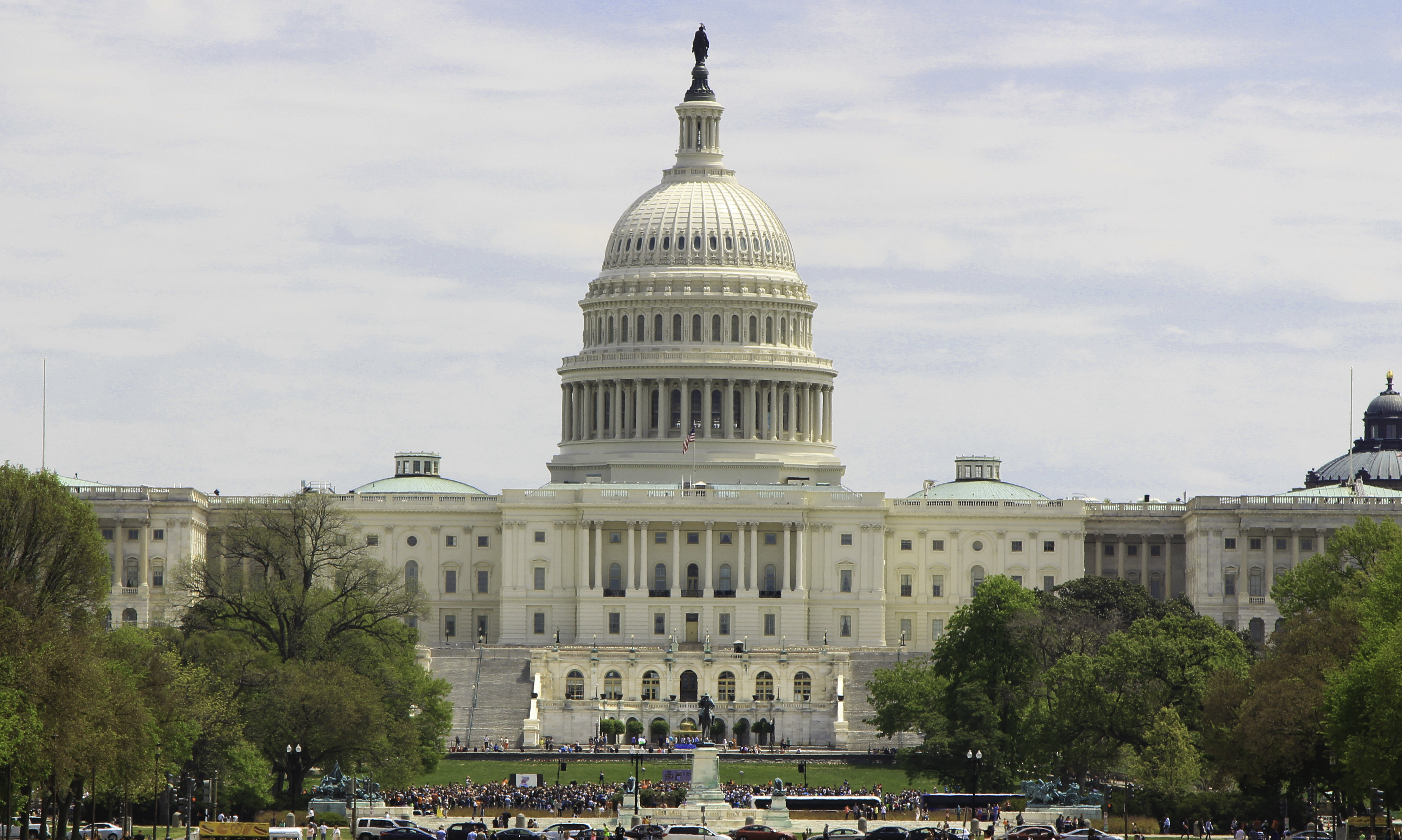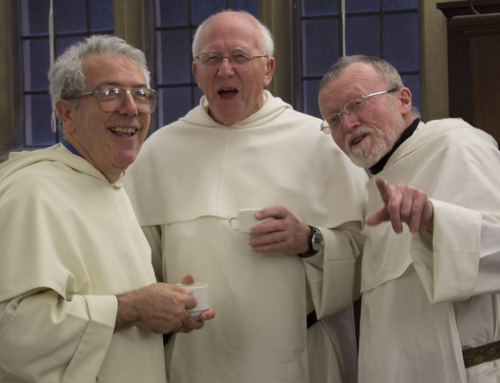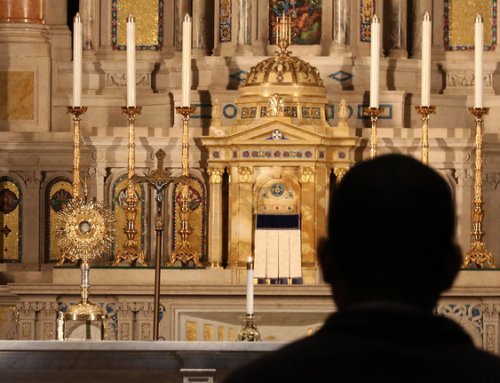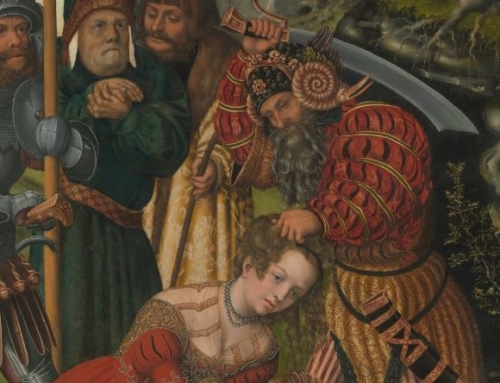Seventy years ago today, on December 10, 1948, the United Nations General Assembly adopted the Universal Declaration on Human Rights. This declaration quickly became the most translated document in the world, available in over 500 languages.
The language of rights finds its origin in the 17th century, which is rather recent in the grand scheme of western civilization. Two centuries later, Pope Leo XIII was the first to introduce rights into Catholic teaching in his famous encyclical, Rerum Novarum. Almost every pope since Leo XIII has addressed the topic of rights, as did the Second Vatican Council.
We moderns define a right as an entitlement (moral or legal) to have something or to act in a certain way. The United States’ Bill of Rights seeks to protect a significant number of such things: a right to free speech, a right to peaceful assembly, a right to bear arms, etc.
Talk of rights is fairly common in discourse nowadays, and Americans have had the discussion for as long as our country has existed. Today, debates rage over human rights issues of all sorts, some that we find easy to support and others that might leave us questioning at best.
These issues often arise when rights are absolutized, as we frequently find them in public discourse. They inevitably find themselves competing. A battle of mutually exclusive rights then ensues: your right to watch Superman (Christopher Reeves, of course) versus your visiting niece’s right to watch Frozen—and you have only one television. Who wins? Whose right trumps whose? Admittedly, this example is trite, but what about something more serious and currently pressing: the right of a refugee to seek asylum versus the right of a nation to control, and even close, its borders? Rights conflicts could be listed ad nauseum. If rights are the only moral compass, how can we judge between these claims without becoming arbitrary?
When the Church uses this language of rights, she hopes to draw more and more people to an understanding of the human dignity upon which these rights are founded. Human dignity is rooted in our nature: God created us in his own image and likeness, implanting in us a dynamism to desire and to seek after the good. Authentic rights, then, point out the way to the happiness God created us to enjoy. Rather than pit us against each other in endless legal battles, rights should help us to remember that others are called to this happiness as well and that we should pursue it together.
✠
Photo by Fr. Lawrence Lew, O.P. (used with permission)







